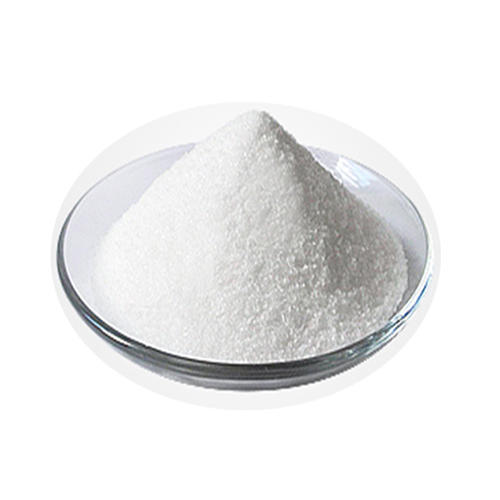Enzymes
Enzymes have become an important tool to increase the nutritional value of feed ingredients, reduce feed costs, improve the environment, all while maintaining or improving animal performance.
Enzymes are protein molecules in cells which work as biological catalysts. Enzymes speed up chemical reactions in the body, but do not get used up in the process, therefore can be used over and over again. With an enzyme, chemical reactions go much faster than they would without the enzyme
Enzymes are macromolecular biological catalysts that accelerate chemical reactions. The molecules upon which enzymes may act are called substrates, and the enzyme converts the substrates into different molecules known as products.
Enzymes are biological molecules (typically proteins) that significantly speed up the rate of virtually all of the chemical reactions that take place within cells. They are vital for life and serve a wide range of important functions in the body, such as aiding in digestion and metabolism.
What are enzymes made of?
Enzymes are made from amino acids, and they are proteins. When an enzyme is formed, it is made by stringing together between 100 and 1,000 amino acids in a very specific and unique order. The chain of amino acids then folds into a unique shape.
What are the main functions of enzymes?
First, the basic function of an enzyme is to increase the rate of a reaction. Most cellular reactions occur about a million times faster than they would in the absence of an enzyme. Second, most enzymes act specifically with only one reactant (called a substrate) to produce products
Why do we need enzymes?
Why are enzymes important? Enzymes are proteins that control the speed of chemical reactions in your body. Without enzymes, these reactions would take place too slowly to keep you alive. ... Enzymes also help cells to communicate with each other, keeping cell growth, life and death under control.
Use :-
Fiber degrading enzymes may play a very important role in modulating this microbial fermentation when high fiber and vegetable-based feeds are used. That is why fiber levels in feed must no longer be seen as a maximum constraint in feed formulations. ‘Optimizing fiber’ becomes the new challenge in modern animal nutrition
Benefits :-
- Increases body weight & better feed utilization.
- Increases digestive capacity of animal & birds.
- Improves nutrient availability.
- It mobilizes storage fats in animals
- Increases egg production & eggshell breakage is reduced.
Get Quote Get a Call Share
Products for Poultry | Swine | Aqua | Large Animal Health And Feed Supplement, Personal Care & Hygiene
For purchase or more information
